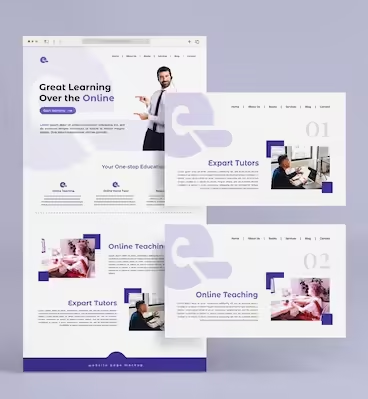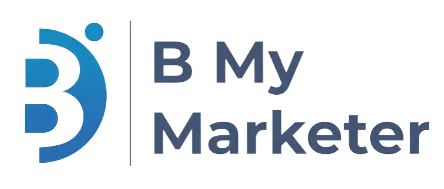Fix Your Technical SEO and Boost Rankings
DISCOVER SERVICE
Introduction to Technical Search Engine Optimization

WHY CHOOSE US
Key Pain Points and Best Practices for Technical SEO
Slow Website Speed
Pain Point:
A slow-loading website drives visitors away before they even see your content. High load times create frustration and damage your credibility.
Best Practices:
Improve page speed with smaller image sizes, better caching, and compressed CSS and JavaScript. Use performance tools to regularly test and track site performance and apply load time optimization techniques to speed things up.
Why It Matters:
Google considers page speed a key ranking factor. A fast site reduces bounce rates, improves engagement, and leads to higher conversions. The faster your site loads, the better your results.
Crawlability and Indexability Issues
Pain Point:
If search engines can’t reach or understand your pages, they won’t rank them. Crawl issues waste your visibility potential.
Best Practices:
Check your robots.txt file to ensure it isn’t blocking important content. Submit XML sitemaps so search engines can find your pages. Remove broken links that lead to errors and slow down crawlers.
Why It Matters:
Search engines depend on crawlability and indexability to determine where your content fits. When your site is easy to explore, Google can rank your pages faster and more accurately.
Mobile-Friendliness
Pain Point:
A non-mobile-friendly website instantly loses users. It frustrates visitors who expect clean design and quick navigation on their phones.
Best Practices:
Focus on mobile optimization with responsive design that adapts to every screen size. Use mobile-friendly layouts and compress images to improve speed.
Why It Matters:
With mobile-first indexing, Google evaluates the mobile version of your site before the desktop one. Prioritizing mobile-friendly websites makes sure that there will be better rankings and happier visitors.
Duplicate Content
Pain Point:
When multiple pages have similar content, search engines get confused about which one to rank. This duplicate content issue can hurt visibility.
Best Practices:
Set up canonical tags to point search engines to your preferred page version. Use 301 redirects to consolidate duplicate URLs and keep your site tidy.
Why It Matters:
Duplicate content can weaken your authority and even lead to SEO penalties. Managing duplicates makes sure that Google knows which pages deserve attention and ranking credit.
Broken Links (404 Errors)
Pain Point:
Broken links and 404 errors lead to bad user experiences and wasted crawl opportunities. They signal to Google that your site is neglected.
Best Practices:
Run regular link audits to find and fix dead pages. Set up redirects for outdated URLs and update your internal links to guide users to working pages.
Why It Matters:
Too many 404 errors can hurt rankings and user trust. Fixing broken links improves crawlability, strengthens your SEO foundation, and keeps your visitors engaged.
Structured Data (Schema Markup)
Pain Point:
Without structured data, Google can’t show rich search features like ratings, FAQs, or event details. You miss out on visibility opportunities.
Best Practices:
Use schema markup such as JSON-LD to highlight important details. Apply structured data for products, articles, and reviews, then validate it using Google’s testing tools.
Why It Matters:
Adding schema markup makes your listings stand out with rich snippets that increase click-through rates. The more context you give to search engines, the better they understand your site.
Improper Redirects (301 vs. 302)
Pain Point:
Using the wrong redirect type can confuse Google and harm your link equity.
Best Practices:
Use 301 redirects for permanent moves and 302 redirects for temporary ones. Avoid redirect chains that slow down crawling and dilute authority.
Why It Matters:
Proper SEO redirects ensure your ranking signals pass correctly between pages. Handling 301 redirects and 302 redirects correctly preserves your SEO value and keeps your structure clean.

24/7 Availability
We continuously monitor your website’s technical health, providing regular updates and suggestions. We are there for you 24/7 so that we can instantly handle any new changes or fix any issues so that your rankings do not tank.

DICOVER SERVICE
How We Can Help with Technical SEO.
DICOVER SERVICE
How Long Does It Take to See Results from Technical SEO?.

Call to Action

DICOVER SERVICE
Get SEO Services
Get an Appointment
(210) 903 5954
